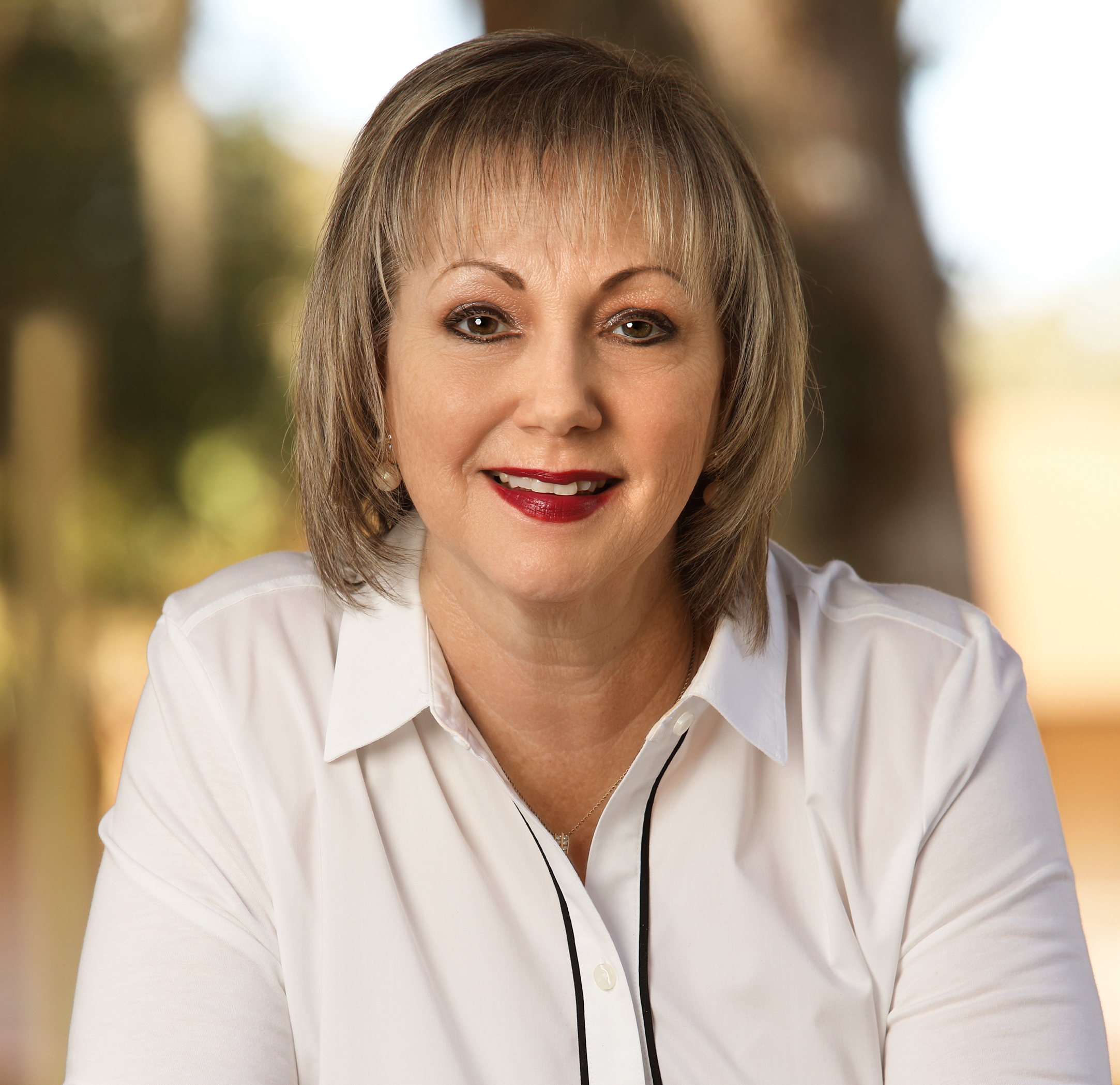Answering Jesus’ Question, “Why Do You Call Me Good?”

I stood in front of the framed picture in the center of the mall, my husband’s left shoulder brushing against my right, our twelve-year-old daughter standing at my left. “And you can’t see it?” he asked.
I shook my head as I continued to glare at the optical illusion within the swirls of colors. “Nope.”
“Try to relax your stare,” he suggested.
I blinked to relax my stare. “Nope,” I said.
My husband sighed, his patience wearing thin while our daughter giggled and said, “Then try to focus on the middle there.”
“Can you see it?” I asked her.
“Yep,” she said.
I blinked a few more times, ready to give up. “Well, I guess some of us got it, and some of us don’t.”
We walked away.
A Question That Stumps Us
Just as I could not make out the picture inside the picture that afternoon in the Seminole Town Center Mall, theologians have stared at and studied Jesus’ question to the rich man found in Mark 10 without agreed-upon clarity for generations. Why do you call me good? He asked.
Why indeed? What’s more, why ask that question and not wait for an answer?
So, let’s look at the story and, remembering that every word within the Word is there for a purpose, see if we can focus enough to figure it out.
First, Mark (as do Matthew and Luke) chose to write this story immediately after the story of Jesus blessing children who had been brought to Him by their parents. In those days, children were often seen as the “least of these” within the community so the disciples immediately rebuked the parents for being such a bother. One would think that “the boys” would have remembered what Jesus had said not so long before. See that you do not despise one of these little ones. For I tell you that their angels in heaven always see the face of my Father in heaven (Matthew 18:10).
Some habits are hard to break.
To enter the kingdom of God, Jesus told them, one had to first accept it as a child. Fully. Without restraint. Without question.
Enter the rich man.
Scripture tells us that this man ran to Jesus and—most probably panting for breath—knelt at Jesus’ feet and said, “Good teacher, what must I do to inherit eternal life?”
Let’s stop there.
The man was rich. According to Luke, he was a religious leader. Jesus, on the other hand, was an itinerant preacher. A rabbi (teacher). Why hadn’t he sent for Jesus? Why hadn’t he used his station in life, called an aide to him, and said, “That man there . . . bring him to me”?
I believe that he ran to Jesus because, when you see the One you have waited for and prayed for your whole life, you don’t want to waste time. Running to Jesus cut the time between seeing Him and talking with Him in half.
And then this rich man—this religious leader—knelt and called Jesus Good Teacher.
Teacher—rabbi—was a common title given to Jesus. But the addition of the adjective good was unique. The Greek renders this as agathos, which means excellent, distinguished, upright, honorable. It is apparent, then, that this rich religious leader knew the deity of Jesus. He’d run to Him. He’d knelt before Him. He called Him good.
And the Question Is
A question followed the address. “What must I do to inherit eternal life?” the man asked.
Jesus answered the question, initially, with a question and a qualifier. Why do you call me good? No one is good but God alone.
I can imagine that this rich religious leader was dressed “to the nines,” his clothes having come from the local Neiman Marcus. Jesus, on the other hand, looked more like He’d purchased his clothes at a local thrift store. The visual must have been something to see, especially given the fact that Jesus had just been entertained by and had blessed children. From the “least of these” to the “most highly respected.”
And yet the man called Jesus good, which is tantamount to calling Him God. Then, as a religious leader, he asked for a direct map to eternity. Perhaps, I wonder, had this rich leader overheard Jesus’ words about needing to accept the kingdom of God in the same manner as a child? Had he confused like a child with as a child?
Jesus did not wait for an answer, which is perhaps why the question has stumped theologians for centuries. Instead, He answered the man’s question by saying that he must observe the commandments. Interestingly, He only mentioned those that are between man and man.

Photo Credit: ©GettyImages/allanswart
The Ten
When God gave Moses the Ten Commandments (Exodus 20: 1-17) for the Hebrews to observe, He issued the first four to show how man should live in relationship to God—You must not have other gods before Me; You must not make idols or bow to them; You must not misuse the Lord’s Name; and Keep the Sabbath holy. But the next six were to show man how man was to live in unity with man.
Honor your father and mother.
Do not murder.
Do not commit adultery.
Do not steal.
Do not lie.
Do not want what others have.
Jesus’ answer to the rich man went like this, “You shall not murder, you shall not commit adultery, you shall not steal, you shall not give false testimony, you shall not defraud, honor your father and mother.” Nothing about God and man—this is about man and man.
The Rich Man’s Answer & The Heart of God (and Man)
We can almost hear the rich man mentally going, “Check. Check. Check” because he quickly told Jesus that He had kept these commandments since boyhood (boys in first century Israel were schooled in the Hebrew Scriptures and could easily recite them from their youngest ages).
And then next comes the scripture verse that gets me every time I read it: Jesus looked at him and loved him (Mark 10:21). Do you wonder why? (I do.) We know that Jesus loves everyone, right? So, what transpired in that moment that connected these two in such a way? Could it be that Jesus, who owns the whole of the universe, whose riches go so far and above and beyond anything we can possibly imagine or possess, had left all to live as a poor, traveling teacher before making His way to the cross? Could it be that there lay within this similarity such a connection between the two? And that Jesus, knowing what His next line would be—and the rich man’s answer—brought tender heartache.
Ah, because there was one thing—one more thing—that the man had to do: sell it all, leave it all behind, follow Him. And there we have those first four commandments, really. God above all. God and God alone. God, not only on the throne of Heaven, but on the throne of our hearts.
The man turned, his face downcast, and walked away. What he possessed on earth was worth more to him than eternal life.
Why Do You Call Him Good?
But would you sell it all for Him? Would you leave everything you know and possess to do whatever He calls you to do?
Don’t misunderstand. I’m not asking you (and God is probably not be asking you) to sell everything you own (I’ve seen those ministries and the results). And what you own may not be “that much,” but if it is all you have, it is all you have. Remember the widow’s two mites (Luke 21:1-4)? Giving out of abundance, Jesus said, is one thing. But giving everything that you have is quite another.
What if your whole life you’ve wanted to practice medicine in your hometown and, diploma in hand and residency behind you, God calls you to practice medicine in the jungles of a third-world country? What would you do?
And what about Peter? Or Andrew? James and John and most of the other disciples? They’d not much in life, but they were willing to walk away from it all, even to their deaths.
Why do you call Him good? Why is He God in your life and how have you shown Him that?
Okay. So, what if He doesn’t call you to sell everything or to become a missionary? What if He were to call you to walk away from some of the books you read, or the shows you watch, or the music you listen to? What if He called you away from friendships and/or associations? What if He pointed to anything in your life that you enjoy and said, “Put that down and follow me”?
What would you do?
Why do you call Him good?
Now it is our turn to answer. Maybe within the lines and pages of our journals. And, if not our journals, within our prayers.
Photo Credit: ©GettyImages/Motortion

Originally published June 01, 2022.




